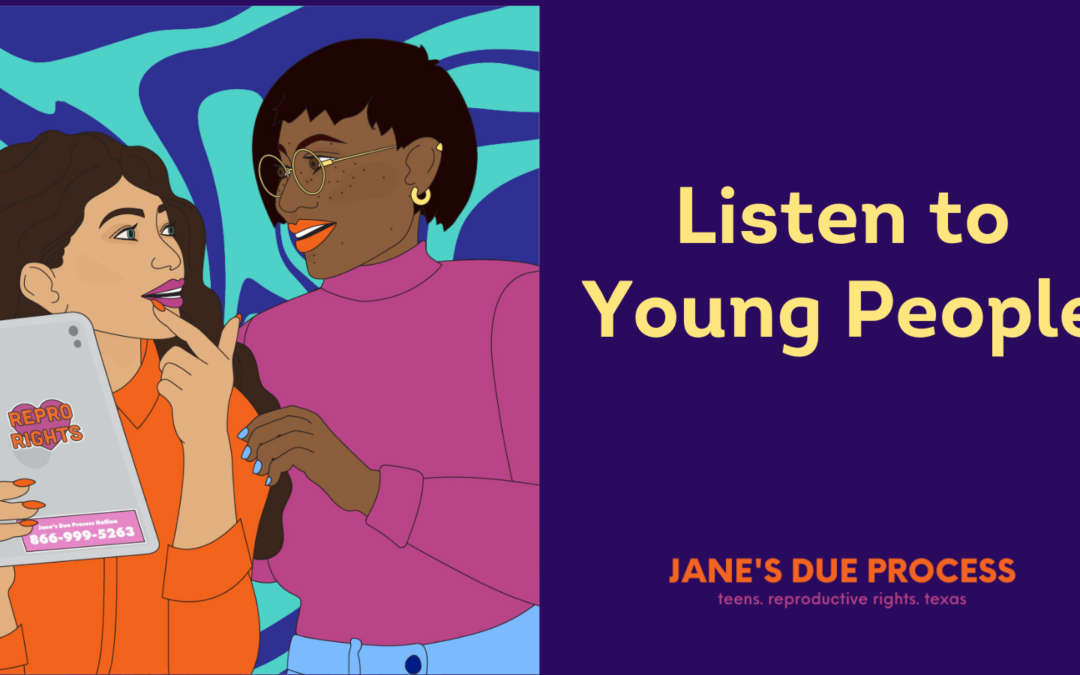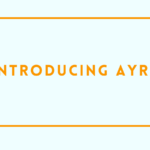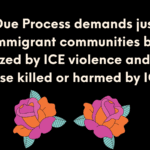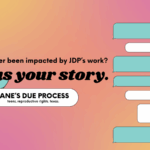“Have you ever heard of sex ed? It sounds like something dirty. Why would they teach about the word that is whispered only behind closed doors in our schools?”
“And surely, surely no child – but especially mine – would ever do such a thing, good heavens no! So of course there’s no reason to allow them to participate in something so vulgar, especially not in the context of school!”
Contrary to what many presume from the name, sex ed is not something dirty that should be forbidden or stigmatized. Rather, it can be an incredibly helpful tool in preparing young students for the changes to come in their bodies. For people with uteruses* not currently on some form of period control such as an IUD or puberty blocker, periods are something that happens each and every month for most people. Now, say a girl has not been informed of what is to come and discovers a bloody mess staining, well, everything. Freaking out is, in general, a good – as well as common – response to a large quantity of blood pouring from one’s body. Now, here’s where sex ed comes in. If a child is participating in sex ed, periods are still something to worry about. However, by using the magical crystal ball of the voice of experience and education, we can eliminate the fear of disease, infection, or, in a more dramatic case, death. There are also many cases where women are ashamed of their periods at all ages. Normalizing the fact that everyone gets them and that they’re a natural, biological process, can help take some of that shame away, leading these women on a path to accepting their body as a part of themselves. Knowledge is power, as they always say. This, of course, also applies to all body changes as well. Girls and boys alike are informed of upcoming body changes, as well as how to manage them with equipment like razors and bras. Don’t forget the growing of hair positively everywhere, not to mention hormone and voice fluctuations. Being informed about the processes involved in these changes and what to expect down the line can be an important tool for any young person.
This knowledge can also be useful in order to understand, empathize with, and help others who may be struggling with bleeding or cramps. It can be a rough time for many young people with so many changes – not only the changes themselves, but the insecurities that follow. Of course, these challenges are already a huge hurdle – for cishet people. If you find yourself not being cishet, then sex ed can also become a safe space to ask questions and learn about things without stigmas, fears, and insecurities. School is a place to learn, after all! Being able to have a compassionate, kind community can make a huge difference and can be a step toward creating a more kind world that we all want to live in.
Then, of course, there is a part of sex ed that teaches about sex. Many children between the ages of 7 and 12 have been informed where babies come from, but just in case, sex ed is a quick refresher on the actual biological processes of intercourse. Sex ed teaches on consent and different types of protection and birth control.
There’s also the matter of the quality of the class, ie. good sex ed versus bad sex ed. Good sex ed can teach all of the above and foster a welcoming and supportive community. However, not all classes, not all teachers, and not all schools are perfect. The young people of today don’t need teachings such as “Now, remember, kids, your physical contact with loved ones must only be holding hands to avoid all of these horrible outcomes that I will now list in far greater detail than actual information on what happens if you, say, want to have children.” This teaches the same stigmas that caused the problems with the class in the first place. Instead, teaching a message of inclusion and understanding can be hugely beneficial.
In conclusion, there could be a huge benefit to removing the stigma of sex ed and allowing young people to obtain vital information about themselves, their future, and those around them. It is a class that teaches an important part of anatomy that should not be ignored or shunned. Furthermore, having a great community that will encourage young people to help and understand their peers can be extraordinarily influential and helpful to young, vulnerable minds. It can be a rough time for many young people with so many changes – not only the changes themselves, but the insecurities that follow. Being able to have a compassionate, kind community can make a huge difference and can be a step toward creating a more kind world that we all wish to live in.
*Note: I will be using girls and boys to refer to people of the respective sex / with the same genitalia/hormones.
About the Author
My name is Madi Moore and I am twelve years old. I have started my own company at the age of four, Madi’s Awesome Lip Balm. I proceeded to run 3 fundraisers, as well as write entrepreneurial curricula for 3rd graders when I was nine, then taught the course three times.




